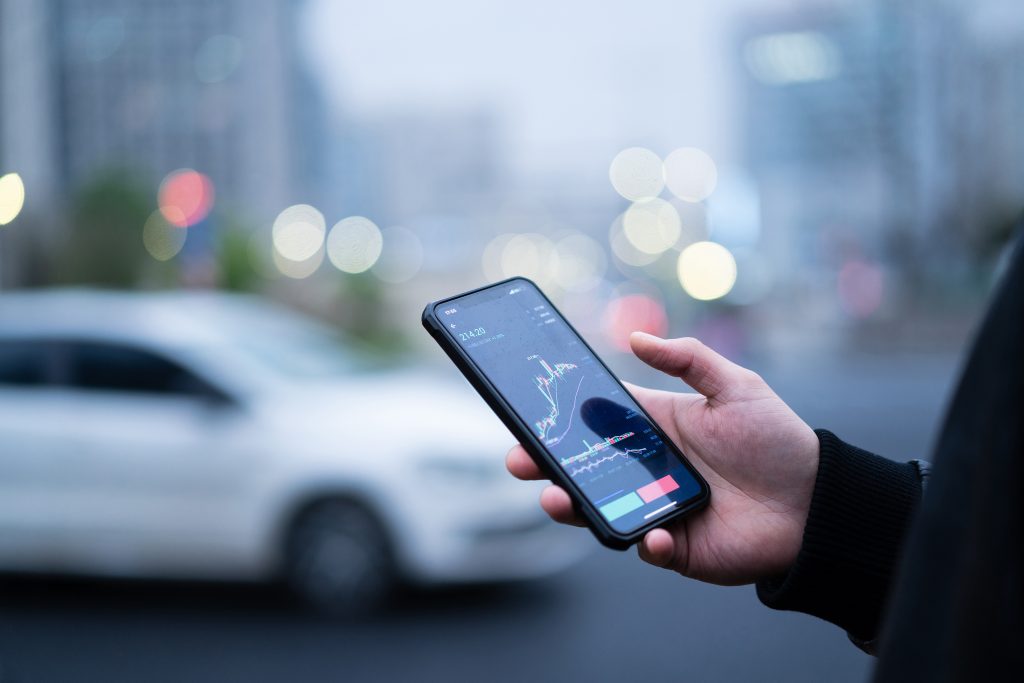
European VAT rules for non-EU Business-to-Consumer exporters to EU countries will change from 1 July 2021
VAT and indirect tax
European VAT rules for non-EU Business-to-Consumer exporters to EU countries will change from 1 July 2021
Fri 26 Feb 2021
This article will provide you with an update on new VAT rules that will impact companies who sell goods (online) to consumers in the EU.
As of July 2021, new VAT rules will enter into force in the EU. If a company sell goods (online) to consumers in the EU, the new rules will most likely have an impact on their business.
How does it work?
The current distance selling scheme will change. Supply of goods to consumers (B2C) in the EU are currently subject to VAT in the country of arrival of the goods as soon as the respective distance selling (turnover) threshold has been exceeded in that EU country. The supplier must collect local VAT and pay this VAT to the respective local tax authorities. As a result, 27 different VAT rates may have to be applied and VAT invoicing requirements from 27 EU countries have to be considered. Last but not least, this leads to local VAT registrations and reporting obligations.
In order to simplify the rules and reduce the corresponding administrative burden, a reporting system will be implemented as of July 2021 for EU B2C sales. This system is called the One Stop Shop (‘OSS’).
The OSS-system
As of the implementation of the new VAT rules and the OSS per 1 July 2021, the current distance selling scheme will change as follows:
- The current distance sales thresholds of the EU countries will be cancelled. A new, EU-wide, threshold of €10,000 per year will apply.
- If the yearly turnover exceeds this threshold, local VAT (of all the different EU countries) is due and should be remitted to the EU country of identification, either via the OSS or via local VAT registrations.
- By applying the OSS, it may be possible to limit the EU VAT registrations to one registration in an EU country of your choice.
We note that one is not obliged to apply the OSS. It remains a possibility to have different local EU VAT registrations in place. Both EU and non-EU entities can apply the OSS. However, it might be that countries implement local legislation forcing non-EU entities to appoint a VAT fiscal representative in order to benefit from the OSS.
B2C sales of goods imported from outside the EU
EU distance sales of goods imported from non-EU countries up to a value of €150 will be covered by the import scheme (I-OSS). In order to apply the I-OSS it is required to obtain a special I-OSS registration number. In combination with the implementation of the I-OSS, the VAT exemption for goods in a small consignment of a value of up to €22 will be abolished as of 2021.
If the I-OSS scheme is applied:
- An exemption for import VAT applies for goods up to a value of €150.
- VAT is due in the country where transport of the goods ends (EU country of the customer). The VAT should be charged to the customer and collected.
- This VAT (from all different EU countries) must be declared and remitted to the member state of identification for the I-OSS.
It is not obligatory to apply the I-OSS. Instead, it is also possible to:
- File regular VAT returns in the respective EU countries.
- Apply the OSS after first importing the goods.
If the I-OSS is not applied, the supplier can opt to apply another simplification mechanism. Based on this simplification mechanism, a customs agent collects VAT from the customer and will pay the VAT to the authorities on a monthly basis.
E-commerce – Services B2C (OSS)
New situation
The current MOSS scheme will be extended to all B2C services taking place in EU Member States where the supplier is not established.
Note: not possible for B2B services.
Other considerations
VAT invoicing
In case of application of the OSS scheme:
- Not obligatory to issue VAT invoices
- Allowed to issue VAT invoices → invoices should meet requirements of member state of registration for the OSS
In case OSS scheme is not applied:
- It is obligatory to issue VAT invoices → invoices should meet requirements of member state of destination
Record keeping for at least 10 years.
Reasons behind the new rules
Administrative burden
- Distance sales of goods trigger local VAT registrations and VAT compliance obligations in potentially 27 EU Member States.
Loss of tax revenues
- The VAT exemption for low-value goods up to EUR 22 leads to abusive practices and the loss of part of tax revenues.
Commercial disadvantage for EU entrepreneurs
- EU entrepreneurs have a disadvantage compared to non-EU suppliers as these suppliers can make VAT-free supplies into the EU
It is important for companies to start to act now in order to ensure that their business and their ERP systems are ready for the new rules. In addition, registrations and potentially local VAT de-registrations should be in place to avoid unnecessary costs.
Want to get notified when new blog posts are published?
Subscribe
















